Serving 782 students in grades 6-8, Neelsville Middle School ranks in the bottom 50% of all schools in Maryland for overall test scores (math proficiency is bottom 50%, and reading proficiency is bottom 50%).
The percentage of students achieving proficiency in math is 5% (which is lower than the Maryland state average of 25%). The percentage of students achieving proficiency in reading/language arts is 32% (which is lower than the Maryland state average of 45%).
The student:teacher ratio of 13:1 is lower than the Maryland state level of 14:1.
Minority enrollment is 93% of the student body (majority Hispanic), which is higher than the Maryland state average of 68% (majority Black and Hispanic).
Quick Stats (2025)
- Grades: 6-8
- Enrollment: 782 students
- Student:Teacher Ratio: 13:1
- Minority Enrollment: 93%
- Overall Testing Rank: Bottom 50% in MD
- Math Proficiency: 5% (Btm 50%)
- Reading Proficiency: 32% (Btm 50%)
- Science Proficiency: 28% (Btm 50%)
- Source: National Center for Education Statistics (NCES), MD Dept. of Education
School Overview
Neelsville Middle School's student population of 782 students has declined by 17% over five school years.
The teacher population of 58 teachers has declined by 12% over five school years.
Grades Offered
Grades 6-8
(offers virtual instruction)
(offers virtual instruction)
Total Students
782 students
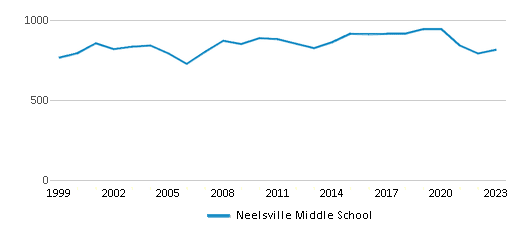
Gender %
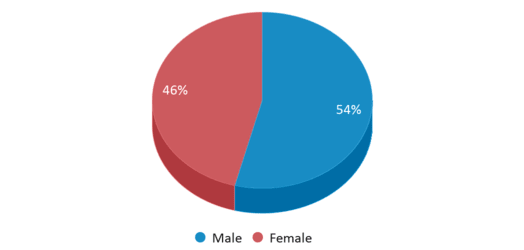
Total Classroom Teachers
58 teachers
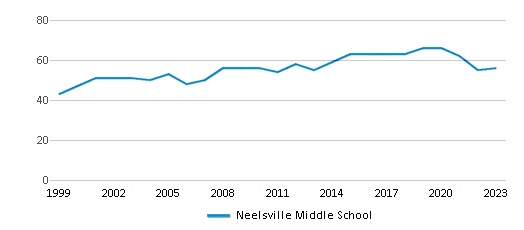
Students by Grade
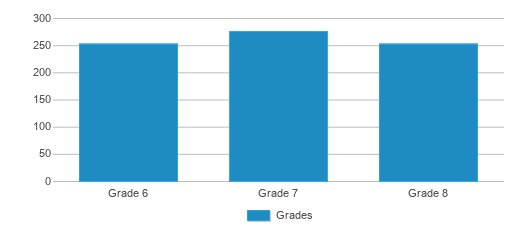
School Rankings
Neelsville Middle School ranks within the bottom 50% of all 1,347 schools in Maryland (based off of combined math and reading proficiency testing data).
The diversity score of Neelsville Middle School is 0.68, which is less than the diversity score at state average of 0.74. The school's diversity has stayed relatively flat over five school years.
Overall Testing Rank
#1057 out of 1347 schools
(Bottom 50%)
(Bottom 50%)
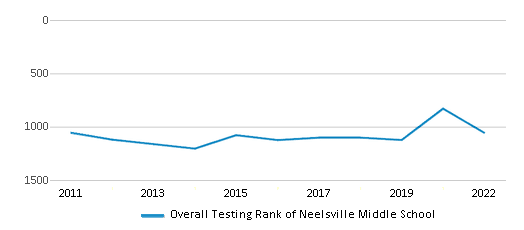
Math Test Scores (% Proficient)
5%
25%
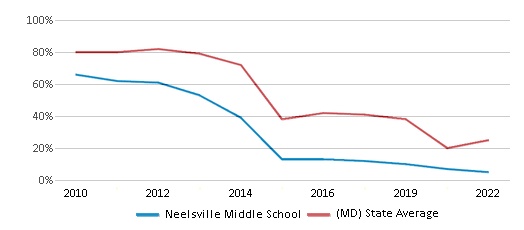
Reading/Language Arts Test Scores (% Proficient)
32%
45%
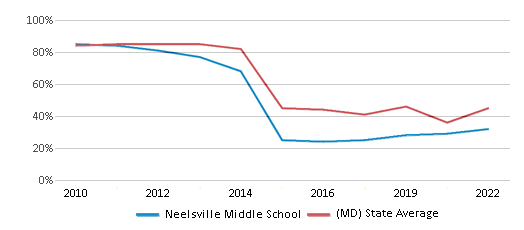
Science Test Scores (% Proficient)
28%
36%
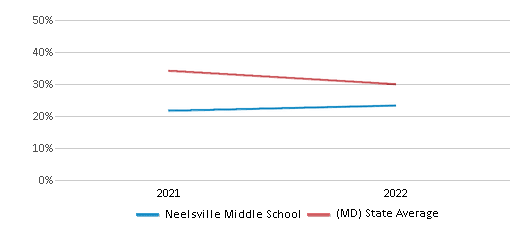
Student : Teacher Ratio
13:1
14:1
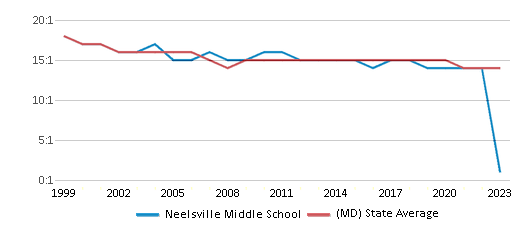
American Indian
n/a
n/a
Asian
14%
7%
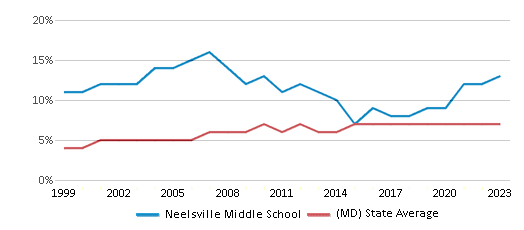
Hispanic
48%
23%
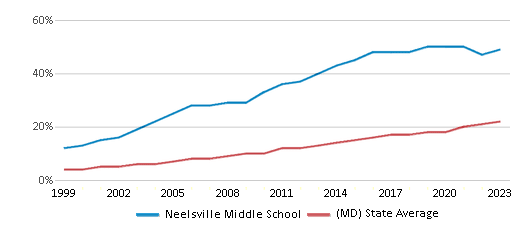
Black
27%
33%
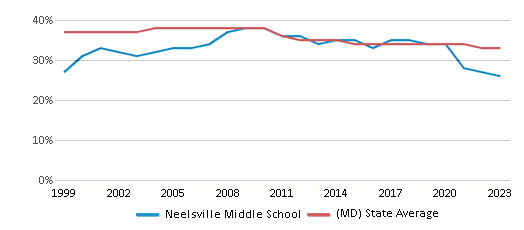
White
7%
32%
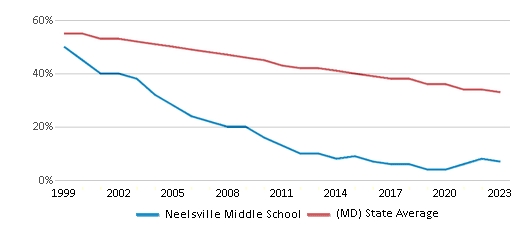
Hawaiian
n/a
n/a
Two or more races
4%
5%
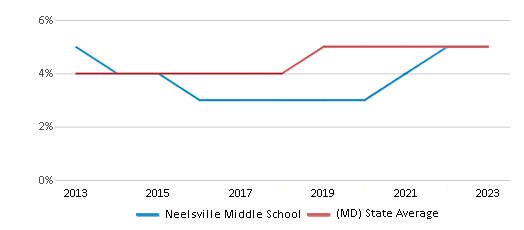
All Ethnic Groups
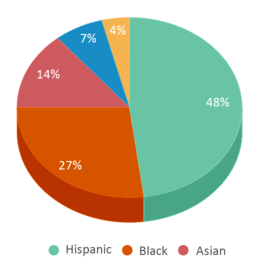
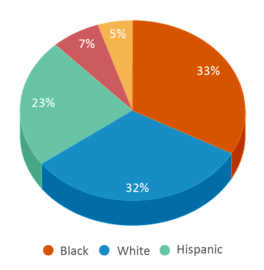
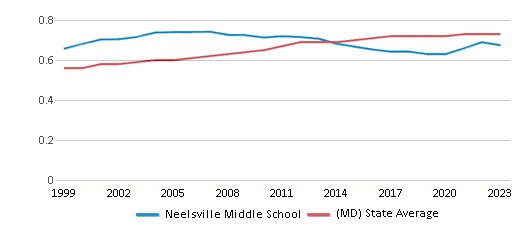
Participates in the National School Lunch Program (NSLP)
Yes
Eligible for Free Lunch
48%
44%
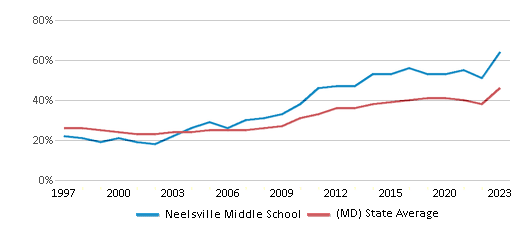
Eligible for Reduced Lunch
9%
5%
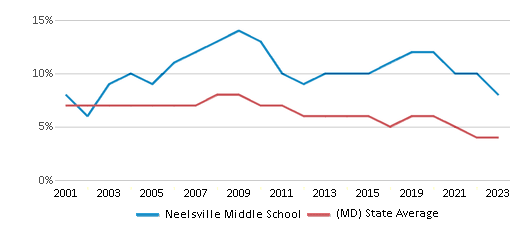
School Statewide Testing
School District Name
Source: National Center for Education Statistics (NCES), MD Dept. of Education
Profile last updated: 02/09/2025
Frequently Asked Questions
What is Neelsville Middle School's ranking?
Neelsville Middle School is ranked #1057 out of 1,347 schools, which ranks it among the bottom 50% of public schools in Maryland.
What schools are Neelsville Middle School often compared to?
Neelsville Middle Schoolis often viewed alongside schools like Rocky Hill Middle School by visitors of our site.
What percent of students have achieved state testing proficiency in math and reading?
5% of students have achieved math proficiency (compared to the 25% MD state average), while 32% of students have achieved reading proficiency (compared to the 45% MD state average).
How many students attend Neelsville Middle School?
782 students attend Neelsville Middle School.
What is the racial composition of the student body?
48% of Neelsville Middle School students are Hispanic, 27% of students are Black, 14% of students are Asian, 7% of students are White, and 4% of students are Two or more races.
What is the student:teacher ratio of Neelsville Middle School?
Neelsville Middle School has a student ration of 13:1, which is lower than the Maryland state average of 14:1.
What grades does Neelsville Middle School offer ?
Neelsville Middle School offers enrollment in grades 6-8 (offers virtual instruction).
What school district is Neelsville Middle School part of?
Neelsville Middle School is part of Montgomery County School District.
School Reviews
4 3/26/2020
This is my first year and there had been some ups and downs with drama and fight but besides that the teachers are very caring and kind and they are working on renovating the school cause it's very old.
2 5/11/2009
The academics are very weak because they have a lot of very new teachers, who don't know what they're doing, or very old teachers, who are just waiting it out until they retire. They have an excellent Band & Chorus staff who put on concerts twice a year. The new drama teacher this year is outstanding! He is inspiring to all of the students and really works hard with them so they put on an amazing performance. This school has not even met the State's minimum score requirements on either the Math or Reading tests for the last several years. There is absolutely zero parent involvement. Because of that the teachers act like drill sargents by yelling and ordering students around. If your child has a problem, don't bother going to the teacher or principal, they always blame the child. Even if you pester the principal often enough to finally get her involved, she takes months to address the problem. My child was a happy, hardworking student who is above grade level in Math & Reading. After less than one year at this school she hates going to school and hates her teachers.
Review Neelsville Middle School. Reviews should be a few sentences in length. Please include any comments on:
- Quality of academic programs, teachers, and facilities
- Availability of music, art, sports and other extracurricular activities
Recent Articles

What Is A Charter School?
Explore the world of charter schools in this comprehensive guide. Learn about their history, how they operate, and the pros and cons of this educational innovation. Discover key facts about charter schools, including admission policies, demographics, and funding, as well as what to look for when considering a charter school for your child.

10 Reasons Why High School Sports Benefit Students
Discover the 10 compelling reasons why high school sports are beneficial for students. This comprehensive article explores how athletics enhance academic performance, foster personal growth, and develop crucial life skills. From improved fitness and time management to leadership development and community representation, learn why participating in high school sports can be a game-changer for students' overall success and well-being.

February 05, 2025
Understanding the U.S. Department of Education: Structure, Impact, and EvolutionWe explore how the Department of Education shapes American education, from its cabinet-level leadership to its impact on millions of students, written for general audiences seeking clarity on this vital institution.









